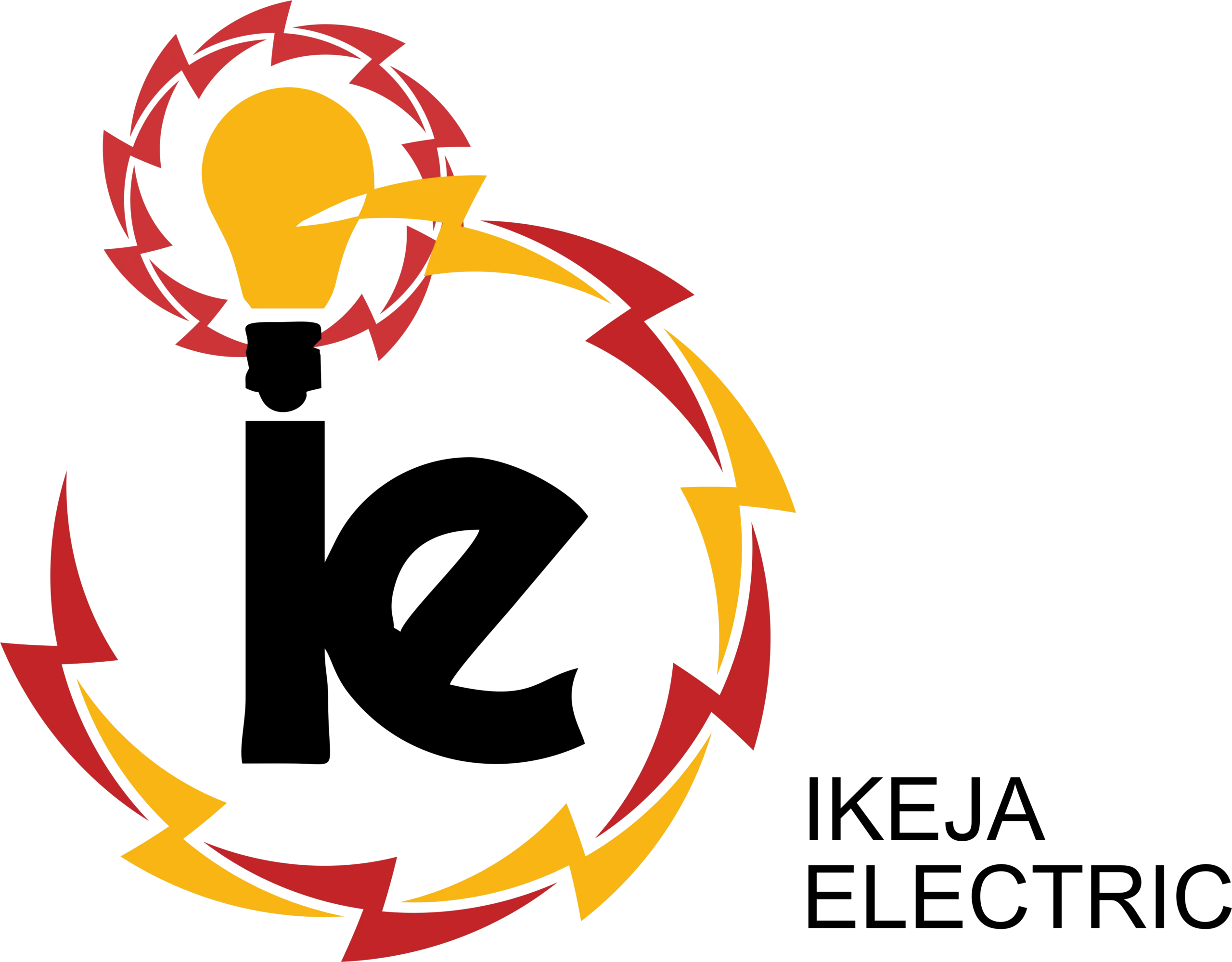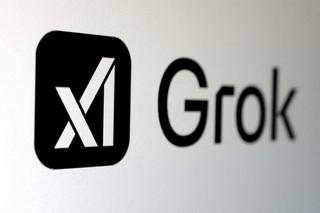Living in African cities can be a genuine financial burden these days, owing to the recent increase in inflation. Everything is getting more expensive, from housing to groceries.
According to one of the world’s leading data and research platforms, Numbeo, food and utilities, for example, have seen price increases.
Numbeo reports that Douala, Cameroon is the most expensive city in Africa.
The UK-based financial services company, Mercer, also ranked Douala as the 34th most expensive city in the world in 2008, based on housing, transport, food, clothing, household goods and entertainment costs.
Douala is the seat of most of the country’s trade and industry but suffers from poor infrastructure, chaotic growth and a soaring population, estimated at three million inhabitants. It contributes more than 80 percent to Cameroon’s national earnings.
Global market fluctuations, combined with constraints in the local agriculture and energy industries, are driving up the prices of basic products. Many struggling families are struggling to make ends meet.
It is also said that merchants raise their prices to take advantage of western expatriates, who are often seen as big spenders.
While certain African towns have seen significant economic expansion, income inequality is still a persistent concern. The wealth disparity is expanding, making it impossible for a substantial percentage of the population to deal with rising living costs.
The rent index, grocery index, restaurant index, cost of living plus rent index, and local buying power are all used in the index.
Below are 10 African cities with the highest cost of living:
Rank City Cost of living index Local purchasing power index
1 Douala, Cameroon 49.8 6.1
2 Addis Ababa, Ethiopia 46.8 8.6
3 Harare, Zimbabwe 37.9 21.8
4 Johannesburg, South Africa 36.7 87.4
5 Cape Town, South Africa 35.1 87.9
6 Pretoria, South Africa 34.6 91.9
7 Casablanca, Morocco 33.7 34.1
8 Rabat, Morocco 33.6 33.2
9 Durban, South Africa 33.4 62.1
10 Marrakech, Morocco 32.9 28.0










